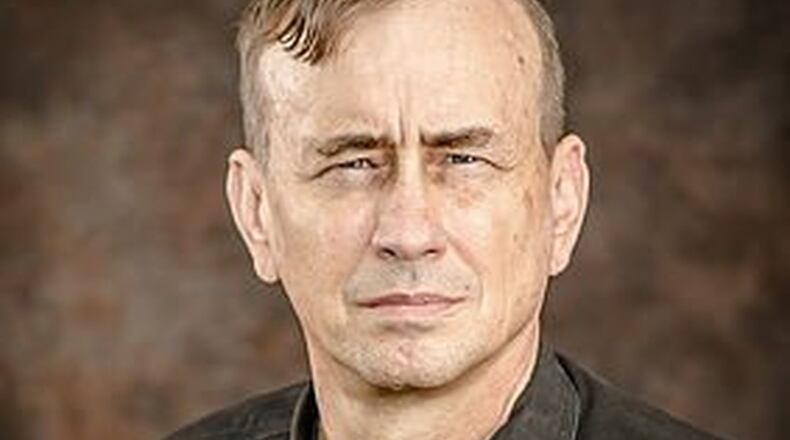RELATED: Passed-out addicts show up in Butler County restrooms, parking lots
There were officers representing police and sheriff departments from Butler, Warren and surrounding counties, said Middletown police Chief Rodney Muterspaw. The $6,000 program, presented by Middletown, was paid out of the Federal Justice Assistant Grant, he said.
Muterspaw said having well-rested police officers is “so important,” though due to staffing regulations they sometimes work 16-hour days.
“We always try to push rest and sleep no matter what,” the chief said. “They have to make time for it. Research has shown lack of sleep can definitely lead to poor decision making. We have to monitor that at all times.”
A recent study by the Force Science Institute addressed the impact of fatigue on officers’ performance in deadly force situations. It studied 53 officers’ decision-making and reaction times when they were faced with deadly force situations.
For one week, they completed online tasks before and after each of their shifts. Records included a history of their sleep patterns, total hours slept, total hours awake, shifts worked, and sleep quality. Officers then engaged in a series of simulated shoot/don’t shoot scenarios using pictures of potential targets that use of force experts had previously classified as warranting either a shoot or don’t shoot response or as ambiguous.
RELATED: Traffic enforcement stepped up for Labor Day weekend
The data found that many fatigue measures correlated strongly with officers’ impaired decision-making and slowed reaction times within the deadly force situations. In particular, poor sleep quality, greater total time awake, more days worked, and working night or swing shifts all decreased the accuracy of officers’ decisions to shoot or don’t shoot and also slowed their reaction times.
Grossman said he’d like to see federal regulations require police officers receive the appropriate hours of sleep before they’re allowed to patrol. Grossman said truck drivers must document their sleep. The same should be true for officers, he said.
“You see a video of a cop doing something stupid and you say, ‘That’s just plain stupid,’” Grossman said. “I’ll tell you why. Because he’s sleep deprived. Sleep deprived people do stupid stuff.”
He told the officers: “Folks, you now are in a zero defense environment. We’re not allowed to have one cop do something stupid. Because it will be caught on video and it will be on the nightly news.”
He said airlines are not allowed to crash one plane. Given the option, the airlines would rather have no plane in the air than a tired pilot.
“We’re not allowed to have one stupid cop out there,” he told those at Dave Finkelman Auditorium. “Better to have no cop than a tired cop. You tell the chief, you tell the sheriff, ‘We will be the next Ferguson if we put tired cops out on the street.”
There has been a push recently for police officers to work 12-hour shifts or rotate shifts among the officers in the departments. Those are mistakes, Grossman said. He said when departments use 12-hour shifts there’s a rise in complaints, internal affairs investigations and traffic accidents.
“At the end of a 12-hour shift people are exhausted,” he said.
He said rotating shifts “are taking years off peoples lives” because of the months it takes to adjust to the new work schedule and “everybody loses.”
“Your people are never at peak performance,” he said. “If you are rotating shifts, start saving your money now because you will be successfully sued.”
Starting in January, the Hamilton Police Department will implement permanent shifts, said Chief Craig Bucheit. This new procedure will allow Hamilton to assign more officers to the shift with the most calls for service and provide “more efficient” public safety, he said.
Bucheit said police officers, because of the “challenging job,” must be well rested and alert at all times. They can’t afford to make mistakes, he said.
“It’s vitality important” Bucheit said. “They make important decisions, sometimes in a split second.”
To combat sleep deprivation, Grossman said officers need to make lifestyle changes by reducing the amount of caffeine intake, eliminating energy drinks, taking 30-minute naps, and controlling how many hours they spend playing video games and on social media. He has heard of officers who stay up until 2 a.m. then report for their morning shift.
“There is nothing macho about going without sleep,” he said. “Any 10-year-old girl at a slumber party can do it. The macho thing is to manage your sleep. It is not acceptable to show up for work sleep deprived.”
Then he added: “The bad guys will still be there tomorrow. We need four-quarter players.”
About the Author

